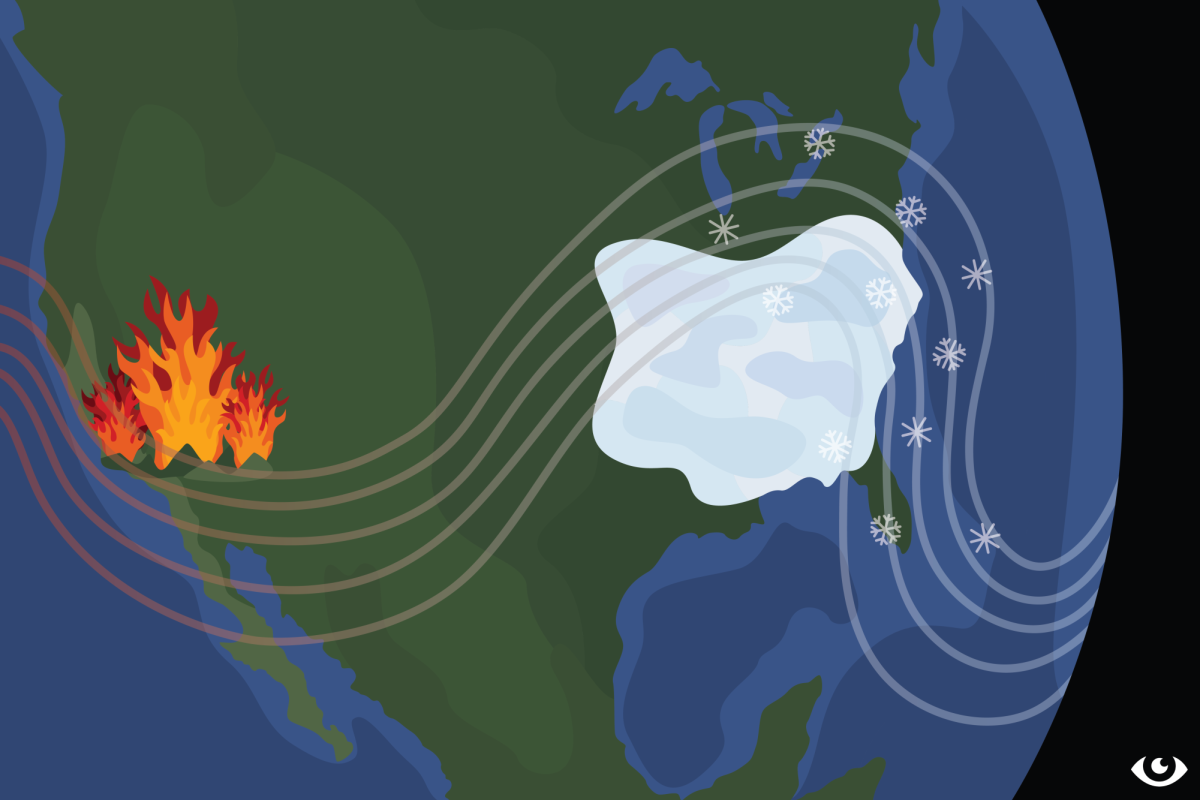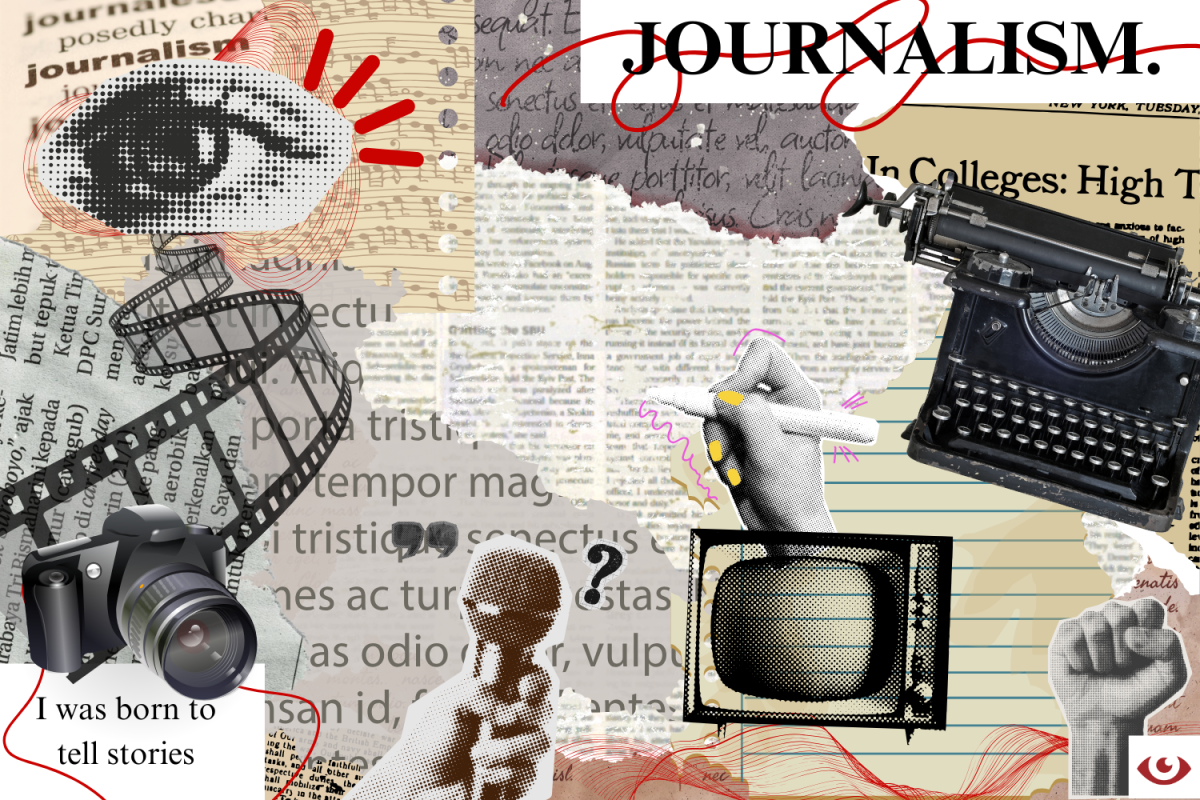This column is the sole opinion of the author. It does not necessarily represent the opinions of the RedEye staff, duPont Manual High School, its students, faculty or administration.
The PTSA recently had a creativity competition, PTSA Reflections. The theme was “Diversity means…” This is my entry.
It wasn’t too long ago that segregation was the norm in our country. In fact, it has been the consistent standard in the United States since its beginnings. Right from the start, colonists to the Americas put themselves on a pedestal above the indigenous peoples. Spanish settlers took advantage of the Aztec civilizations for their gold, reveling in the Aztec misbelief that the white men were gods. Native American tribes such as the Powhatans were looted and later killed for their land. Black slaves were brought over from Africa to work in horrific conditions with no pay. This blatant cruelty and disrespect for other cultures carried over into the creation of our new nation. Even when we declared ourselves to be a new brand of people, a democratic land of Americans who supported freedom and basic rights for all men, our country still looked down upon and used those who were not of the same background as ourselves.
This is the dark side of the legacy left to us by our forefathers. The disintegration of segregation was the challenge set forth for the open-minded people in our parents’ and grandparents’ generations. Though it manifested itself less straightforwardly in their time than outright slavery and murder, the ideas of racism still had a firm hold on the country. My father tells me stories about his childhood in Alabama, where black women practically raised white children but were considered little more than “the help.” My mother reminisces about student busing systems right here at home in Louisville, attempting to integrate a divided world. My U.S. History teacher, Dr. Wieck, paused in the middle of his lecture last week in order to glance up at us over the top of his glasses with a piercing look and emphasize that it wasn’t until “my lifetime — my lifetime” that schools finally became integrated.
Due to the tireless work of revolutionaries like Martin Luther King Jr. and the Freedom Riders and the acceptance of others by the everyday man, our parents’ generation has sown the seeds of unity. In the fifty or so years that have passed since our parents and teachers were young, the United States has become an unrecognizable place. “Look around the room right now,” Wieck says. We all obey in the way that teenagers do, reluctantly lifting our heads, taking a furtive glance at our neighbors. “It’s a hodgepodge of colors! You never would have had this kind of diversity in my elementary school.”
And it’s true. In my AP U.S. History class, almost every ethnicity is represented. Black, White, Asian, Middle Eastern — different religions and ideas and clothings and mixtures of everything that MLK Jr. could only dream about are represented in that tiny room. Even more peoples are represented in my high school and more still throughout the country. My U.S. History classroom, where students of all kinds learn together on an equal playing field, is incontestable proof that the United States is now truly unified. Our parent’s generation has prevailed in defeating the old precedent. Their time to create change has come, been taken full advantage of, and passed.
We are the new generation, and our time to implement change is coming. We are the generation that champions diversity over segregation. We have friends of all shapes and sizes, colors, genders, backgrounds, religions, beliefs, and histories. Differences don’t even phase us any more. When it is our turn to become “adults”, to take over the jobs and responsibilities from our parents, I believe that this generation will be the first to be truly colorblind. We have different challenges awaiting us.
Our problem is one that is no less difficult than the ones faced by generations before. It is, in a way, more difficult, considering that ours is a conundrum that forces us to stand individually, rather than come together. Whereas in generations passed, lives have been defined based on what we now know to be unimportant things, such as skin color, we are now truly free to become the definitions of ourselves. We can no longer fall back on stereotypes created by our ancestors, telling us how we are supposed to act. We must now look only inside of ourselves in order to figure out who we must be. We must stay true to ourselves while respecting others. Diversity means living in a world where every person has the opportunity to create themselves to reach their highest possible potential. We must stay true to ourselves while respecting others. This is our generation’s challenge, and it is one that we will gladly rise to meet.
Eliza Coleman is a 16 year old Junior at duPont Manual High School, studying in the HSU magnet. She is a staff writer for ManualRedeye.com.





